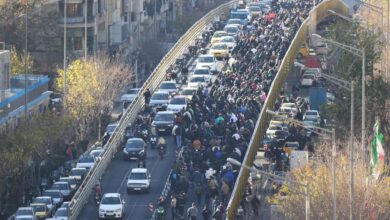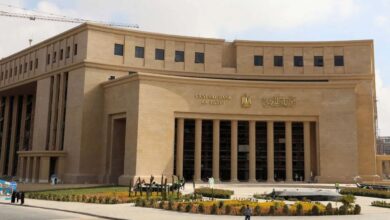
The Egyptian pound fell to an unprecedented low on the black market on Monday, five traders said, as hard currency demand rises in the dollar-starved economy.
Egypt, which relies heavily on imports, has faced a shortage of foreign currency since the popular uprising of 2011 drove away many tourists and foreign investors.
A black market for dollars has sucked up liquidity from the banking system and put a strain on the country's foreign reserves, while the central bank had been keeping the pound artificially strong through weekly dollar auctions.
Reserves more than halved to US$16.5 billion in February from around $36 billion before the uprising.
Rates on the black market continued to climb on Monday, reaching unprecedented levels of 10 pounds per dollar compared with around 9.8 pounds last week, five traders told Reuters. No volumes of trade were given.
In an attempt to close the gap between official and black market rates the central bank devalued the currency to 8.85 per dollar from 7.7301 this month. It later strengthened it to 8.78 per dollar, while adopting a more flexible exchange-rate policy.
The central bank has also recently raised caps that were imposed in 2015 on dollar deposits and withdrawals for individuals, exporters under certain conditions, and some importers of essential goods. That allowed them to source some of their dollar needs from the black market.




